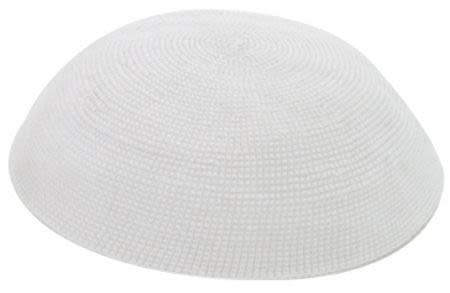
Yitro: Paying for Parents’ Sins – Fair or Not?
Hashem warns that children are required to pay for their parents' sins. The son asks, "Is it my fault that my father sins...

I am Hashem, your God…Who charges sons with the sin of their fathers (Shmot 14:15).
Hashem warns that children are required to pay for their parents' sins.
The son asks, "Is it my fault that my father sinned? Why do I have to pay? Is that fair?"
Rashi explains that a son must pay for a father's sins when the son continues to transgress as the father transgressed.
According to Rashi's principle, the son's liability for a father's misdeeds is certainly just. We can all understand that a son is entitled to inherit his father's assets, especially when the son continues to maintain the father's business or other endeavors. The opposite also holds true, and is even anchored in religious law, for the halacha specifically states that orphans are required to pay their parents' debts (see Shulchan Oruch, Choshen Mishpat 107.a). Spiritual debts are strikingly similar to material debts – both must be paid.
Spiritual debts resemble material debts in yet another aspect: With material or monetary debts – like that of an orphan or impoverished person who owes money from a parent's debt – the creditor can be merciful and decide to forego the debt. With spiritual debts, teshuva – penitence and returning to Hashem – invokes Divine compassion to the point where Hashem foregoes the debts. When a son casts aside the errant ways of his father, the son releases himself from the chains of any and all liability for his father's misdeeds. With Hashem's loving help, the following parable will help clarify this principle:
A group of loafers and local derelicts would spend their days in idleness and their nights drinking vodka and playing cards. They would frequently break into the local synagogue and defile the venerated House of Study and Prayer with their guzzling and gambling. Several times a week, the unfortunate caretaker would open the synagogue before the day-break prayers and discover a disaster before his very eyes: Garbage was strewn all over the place, together with peanut shells and empty liquor and beer bottles. The frustrated caretaker would then have to clean up the whole mess before the first of the congregants would arrive, for if the synagogue isn't tidy and orderly, the blame falls on the caretaker! What a mortifying predicament!
The caretaker decided that he must put an end to derelicts' misuse of the synagogue, once and for all! He therefore planned to stay awake all night, and lie in ambush from his perch in the ezras nashim, the upstairs women's gallery.
The deeds of fathers are steppingstones for sons. That same night, a group of the derelicts' offspring decided that they have just as much right as their parents to merriment. They too organized a supply of beer, snacks, and a deck of cards the same way their fathers did. They too snuck into the synagogue in the middle of the night. They too ate, drank, and made merry, until…
The caretaker, a robust individual whose powerful arms had chopped their share of firewood over the years, waited until midnight before making a move. When the clock in the corner struck twelve, the irate caretaker pounced on the youths like a panther on his prey. The hapless lads suffered a rain of blows from two vengeful fists, a leather strap, and the wooden soles of two Cossack boots. Not a single one of the six-or-so youths escaped the caretaker's wrath. "For two whole years," he yelled between punches and kicks, "you brats have made my life miserable. Even worse, you've been defiling Hashem's holy house. Nobody has ever paid me for all the extra work you've caused me. But now, you'll pay the whole price! None of you shall sit for a year…"
Crying, the boys protested and tried to explain that this was only their first offense, but to no avail; they suffered all the punishment that was really intended for their vagrant fathers.
Our story is not yet over; the next evening the vagrant fathers returned once more, and left the synagogue in filthy disorder. The caretaker arrived in the morning before daybreak, but this time, he found the synagogue impeccably orderly, spotlessly clean, and miraculously sweet-smelling. Suddenly, he heard a rustling noise from under one of tables. "Who's in here?" the caretaker bellowed.
A freckle-faced, red-headed boy of fifteen crawled out from under the table, where he had been scrubbing the floor with a rag. "It's I, sir – Lipa the son of Kalman. I'm so ashamed; I discovered that my father is part of the gang that defiles the synagogue…." Tears ran down the boy's cheeks; "I've tried my hardest to clean up the mess. Please forgive me…."
The caretaker kissed the boy on the forehead. Not only did this young tzaddik refuse to follow in the ways of his father, he even tried his hardest to rectify his father's wrongdoing. As a result, instead of getting hit, kicked, and whipped like his delinquent peers, Lipa got kissed on the forehead.
* * *
The lesson is obvious. As Rashi explains, sons rightfully pay for the sins of their fathers when they walk in the footsteps of the wayward fathers. But, when sons discard their father's errant ways, repent and return to Hashem, they are no longer liable for their fathers' sins. Indeed, they are entitled to unfathomable rewards, in this world and in the next. May all of Israel return to Hashem soon. Amen.











Tell us what you think!
Thank you for your comment!
It will be published after approval by the Editor.